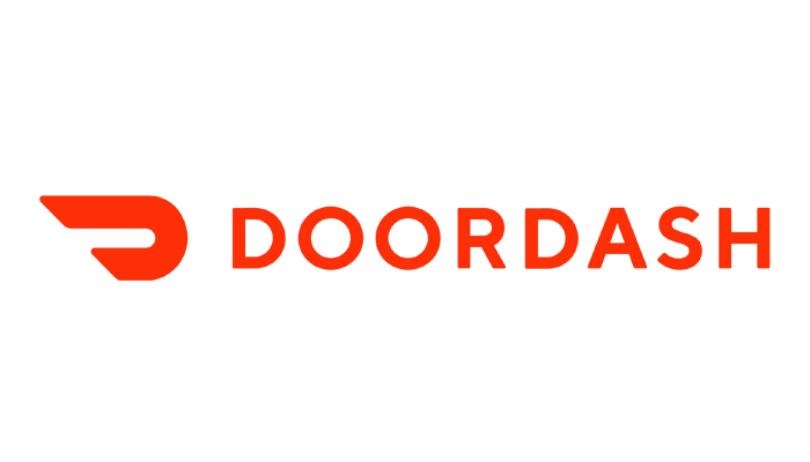SAN FRANCISCO (CN) – Disgruntled delivery drivers can investigate whether their employer worked with an "impartial" arbitrator to concoct rules that would benefit food delivery service DoorDash while disadvantaging workers, a federal judge ruled Friday.
 U.S. District Judge William Alsup granted 2,236 workers' motion for discovery on how much DoorDash influenced the International Institute for Conflict Prevention and Resolution (CPR)'s new rules, which critics say can delay workers' arbitration cases for years.
U.S. District Judge William Alsup granted 2,236 workers' motion for discovery on how much DoorDash influenced the International Institute for Conflict Prevention and Resolution (CPR)'s new rules, which critics say can delay workers' arbitration cases for years.
More than 2,000 workers filed a petition to compel arbitration against DoorDash on Nov. 15, claiming the San Francisco-based startup wrongly refused to pay $11 million in arbitration fees so their cases could proceed to arbitration.
The workers say DoorDash misclassified them as independent contractors and denied them employment benefits, such as minimum wage and overtime.
According to the petitioners, DoorDash decided to stop working with the American Arbitration Association (AAA) after it ordered the company to pay $11 million in arbitration fees for 2,236 claims in September. During a hearing last month, a plaintiffs' attorney said DoorDash “worked behind the scenes” with a new arbitrator to “rewrite the rules” so only 10 arbitration cases can proceed at once when more than 30 cases are filed. The rules also mandate 90-day mediation sessions and other conditions, which the petitioners say could delay their cases for years.
DoorDash introduced new arbitration terms on Nov. 9, which workers must agree to before they use the DoorDash app, work and get paid. The new terms require workers arbitrate disputes through CPR, the arbitrator accused of working with DoorDash to create corporate-friendly rules. Workers can opt out of the new arbitration contract by sending a piece of mail within 30 days, and the prior arbitration terms will be restored for them.
DoorDash objected to the petitioners' motion for discovery regarding its involvement in creating CPR's new rules. The company, valued at $12.6 billion in May, said the requested documents and testimony are "irrelevant" because no petitioners have alleged being forced to arbitrate disputes with CPR. DoorDash's law firm, Gibson Dunn & Crutcher, said it was one of several law firms and businesses that worked with CPR to develop new rules in response to "mass arbitration" demands.
"In the past several years, companies like AT&T and Macy’s have faced 'class action-style arbitration' by plaintiffs’ firms who file hundreds or thousands of arbitration demands at once," DoorDash attorney Joshua Lipshutz wrote in an 8-page letter to the court.
Mass arbitration demands have been filed more frequently in recent years following Supreme Court decisions upholding the right of companies to make workers resolve disputes through individual arbitration and waive their rights to participate in class actions or enforce labor laws in court.
CPR acknowledged in a Dec. 12 letter to the court that DoorDash's law firm "reached out" to the arbitrator and "expressed concern" about the high-dollar amount of fees associated with mass arbitration demands.
"CPR was eager to improve in the area of mass claims and, rather than just focusing on alternative fees, took the opportunity presented to lend its expertise and resources to think anew and find an efficient and fair process for resolving these claims for all parties involved," CPR's attorney Andrew Frederick of Morgan Lewis wrote.
CPR said it received input from multiple stakeholders for developing its new protocols, including with attorneys who represent clients with mass arbitration claims. The arbitrator said it developed a "fair and neutral process" that expedites a small number of "test" or bellwether cases followed by a mediation process that encourages resolution of all claims.
The petitioners say those rules are designed to significantly delay workers' arbitration cases and benefit employers like DoorDash.
After a discovery hearing Friday, Judge Alsup ordered CPR to turn over records of its communications with DoorDash and Gibson Dunn on the development of CPR's new rules and procedures. The judge also ordered CPR's CEO Allen Waxman to testify in a deposition during the last week of December or first week of January, according to plaintiffs' attorney Warren Postman of the firm Keller Lenkner.
"Based on that initial stage, Judge Alsup will consider whether or not to order an additional deposition and/or the production of additional documents," Postman said in an email.
A hearing on the petitioners' motion to compel arbitration is scheduled for Feb. 10 in San Francisco.
A hearing in a separate state court lawsuit for preliminary approval of a $40 million settlement for 419,000 DoorDash drivers in Massachusetts and California is scheduled for Jan. 30 in San Francisco County Superior Court.
DoorDash is one of three companies that vowed to pour $30 million each into a 2020 ballot measure aimed at overturning a new California labor law, which takes effect Jan. 1 and will require most companies classify workers as employees rather than independent contractors.
Subscribe to Closing Arguments
Sign up for new weekly newsletter Closing Arguments to get the latest about ongoing trials, major litigation and hot cases and rulings in courthouses around the U.S. and the world.









